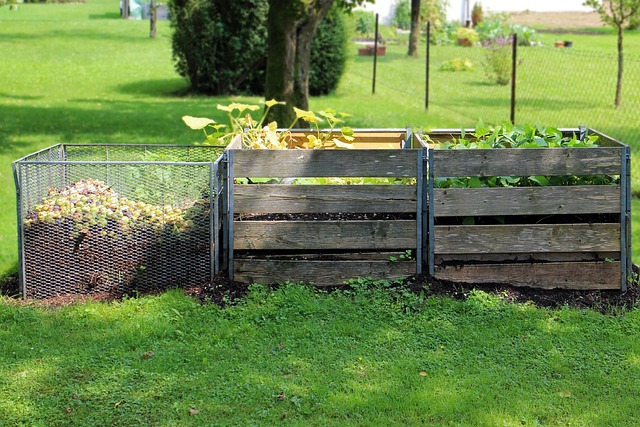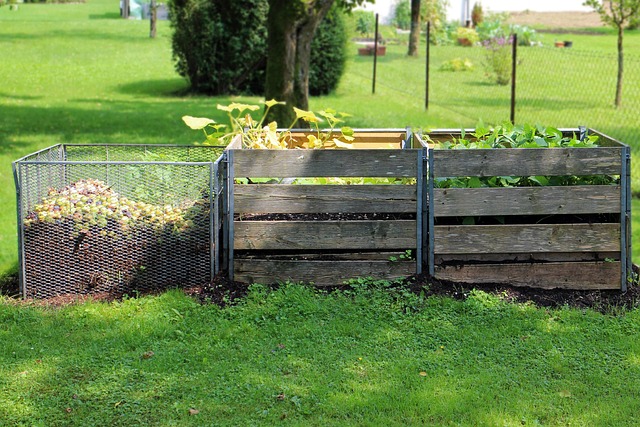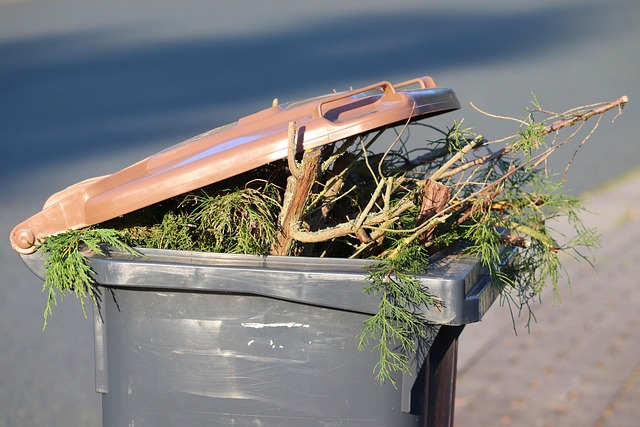Composting is more than just a method to recycle waste; it’s a journey through the rich tapestry of nature’s ecological phases. For green gardeners and eco-enthusiasts alike, understanding the compost phases can transform not just your garden, but your relationship with the environment.
At its core, composting is a natural process that recycles organic matter, including leaves, food scraps, and other biodegradable materials, into nutrient-rich soil. This process not only reduces waste but also enhances soil biodiversity. By engaging in composting, gardeners actively participate in the cycle of life, turning what is often seen as trash into treasure.
The first phase of composting is thermophilic or “hot” composting, which occurs when microorganisms break down organic matter rapidly, generating heat. This phase usually reaches temperatures between 130°F and 160°F (54°C to 71°C), effectively killing off pathogens and weed seeds. Imagine the bustling activity under your compost bin, with bacteria and fungi working tirelessly to give you the rich compost your garden craves!
Following this phase, the compost enters the mesophilic stage, where the initial heat subsides and a different set of microorganisms comes into play. This transitional phase is essential for further breaking down materials, allowing carbon to transform into a more stable form. It’s during this period that the smell of your compost can shift, as the ingredients continue breaking down. Tending to your pile by turning it regularly can help maintain aeration, speeding up the process and keeping unpleasant odors at bay.
The final phase is curing, where the compost matures. It’s a quieter period, as microbial activity slows down and the compost reaches a more stable state. During this phase, the compost continues to age, allowing nutrients to become available to your plants. This is when you can notice its rich, earthy aroma, signaling that it’s ready to boost your garden’s soil health.
Why should you care about these compost phases? Knowing these stages can help you adjust your composting techniques, monitor moisture levels, and maintain the right balance of greens (nitrogen-rich materials) and browns (carbon-rich materials). For the environmentally conscious gardener, understanding the science behind composting deepens your appreciation for nature’s cycles and the role we play in nurturing our planet.
As you embark on your composting journey, remember that each phase is vital for producing high-quality compost that can enhance your garden. You’re not just making your own fertilizer; you’re fostering a thriving ecosystem that contributes to healthier plants, cleaner air, and a more sustainable environment.
Embrace these ecological phases of composting as a testament to your commitment to green living, and witness the positive impacts on both your garden and the wider ecosystem. Let your compost be a symbol of ecological stewardship and a step toward a more sustainable future.



